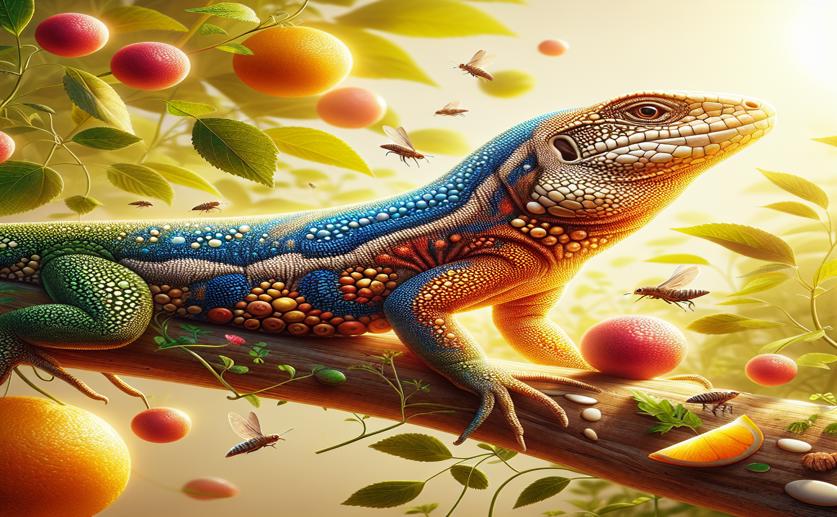
Boosting Lizard Immunity Against Warmer Weather with Gut Health
Greg Howard
24th February, 2024

Image Source: Natural Science News, 2024
References
Main Study
1) Gut microbiota modulation enhances the immune capacity of lizards under climate warming.
Published 22nd February, 2024
https://doi.org/10.1186/s40168-023-01736-2
Related Studies
2) Climate change is not just global warming: Multidimensional impacts on animal gut microbiota.
3) Sustained Drought, but Not Short-Term Warming, Alters the Gut Microbiomes of Wild Anolis Lizards.
4) Microbial diversity declines in warmed tropical soil and respiration rise exceed predictions as communities adapt.



 24th January, 2024 | Greg Howard
24th January, 2024 | Greg Howard